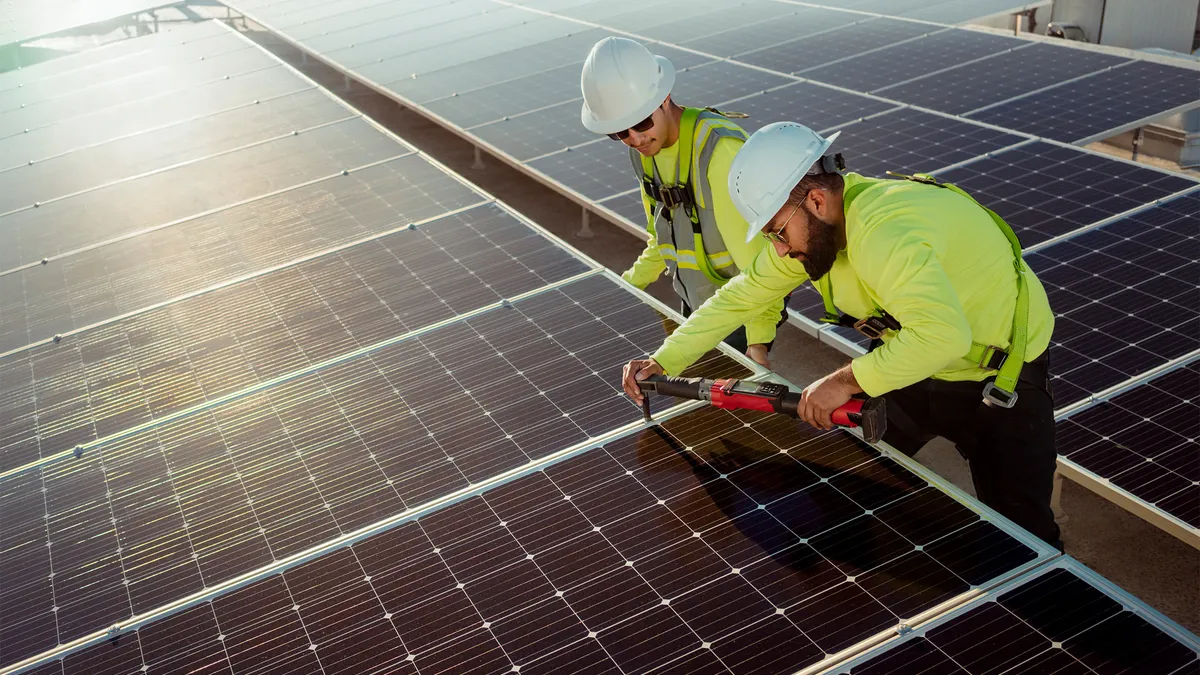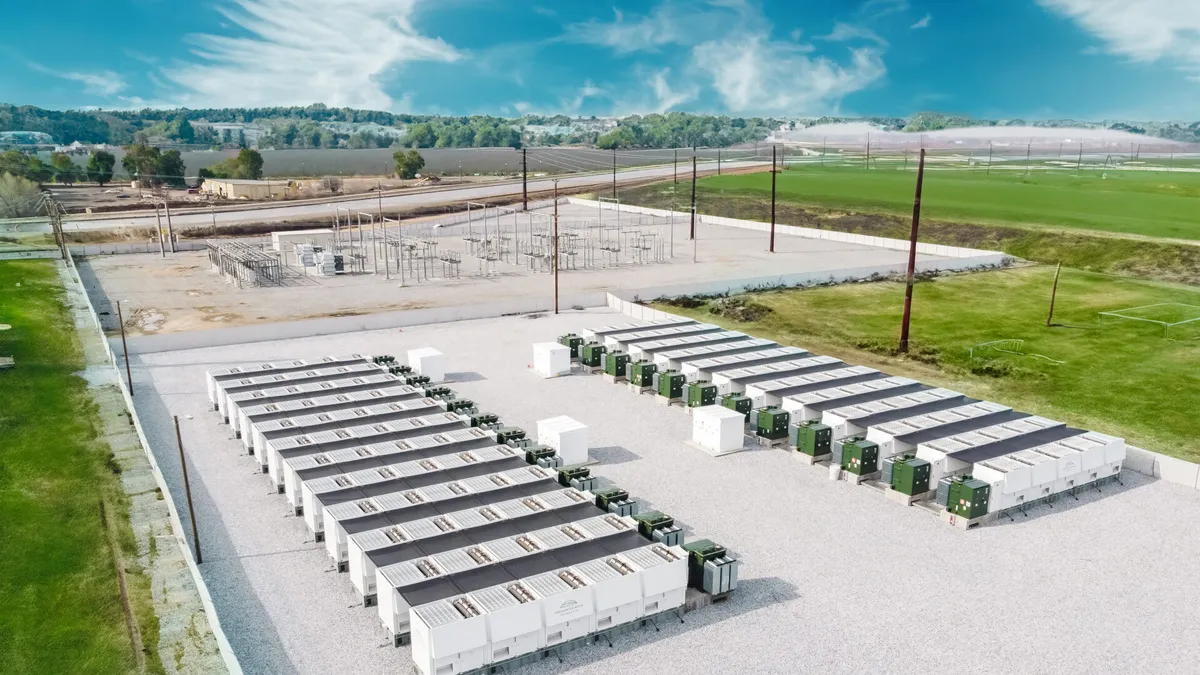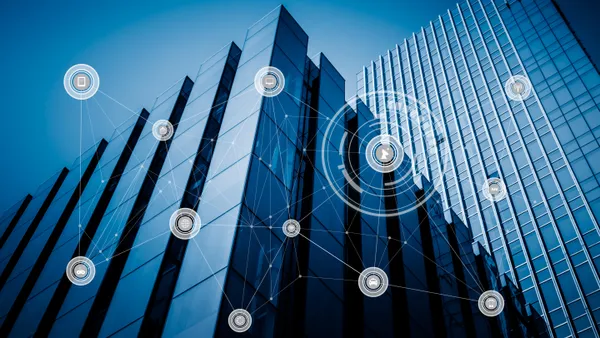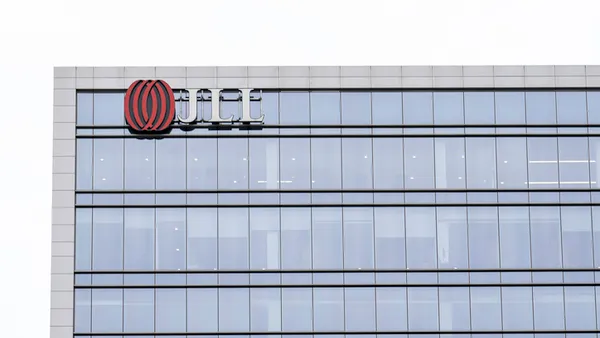Dive Brief:
- LG has joined RE100, a global initiative to run the entirety of its global production facilities on 100% renewable energy by 2050, according to a press release.
- To achieve this goal, LG will increase its use of renewable energy sources to 60% by 2030 and 90% by 2040.
- The world’s second-largest electric vehicle battery manufacturer joins competitors Panasonic and Samsung SDI in the pledge.
Dive Insight:
LG follows behind Samsung SDI and Panasonic, which joined RE100 in September 2022 and August 2019, respectively.
In order to meet these benchmarks, LG said in the release that it is partnering with Korean power generation company GS EPS to build a solar power station on the roof of an existing production building in South Korea, which will be completed by 2025. It will also put solar panels on the roofs at LG offices and manufacturing facilities. LG will acquire renewable energy certificates as well and sign additional renewable energy power purchase agreements.
The company has already installed solar panels on its North American headquarters campus in New Jersey, the LG Sciencepark R&D complex in Seoul, its LG India office building in Greater Noida and the Rayong home appliance factory in Thailand.
Since joining RE100, Samsung SDI has continued to focus on assessing and updating its ESG management and strategies. The company also joined the Global Battery Alliance, which is aimed at creating a sustainable battery value chain, and the Carbon Disclosure Project Supply Chain program. It was also included in the Dow Jones Sustainability Indices in December.
Samsung SDI discussed these and next steps during an ESG workshop held last week, which analyzed the company’s energy, sustainability and governance management and strategies. These strategies include the creation of a sustainable management committee in January, deploying a company-wide training program on ESG fundamentals and integrating ESG working groups into every business unit in an attempt to reinforce its sustainable framework.
“ESG management is not just the social responsibility of a company but a key strategy to increase our future competitiveness," CEO Yoon-ho Choi said during the event, according to Korea JoongAng Daily. The battery maker also stated it will soon disclose the results of its Sustainability Report, an ongoing assessment to calculate its scope 3 emissions, and further establish goals and objectives to cut carbon emissions.
Panasonic, which was the first major battery manufacturer to join the initiative, announced earlier this year that its Kusatsu fuel cell factory in Japan is the world’s first manufacturing facility capable of being powered entirely by renewable energy.
Panasonic says it plans to initially integrate this technology, powered by solar panels, fuel cells and a proprietary energy management system, to its factories this year, ahead of a commercial launch.














